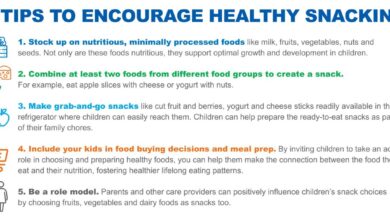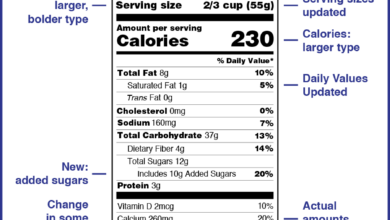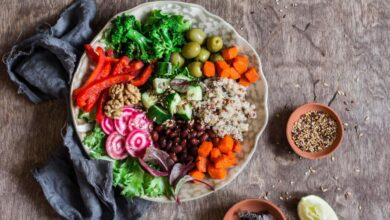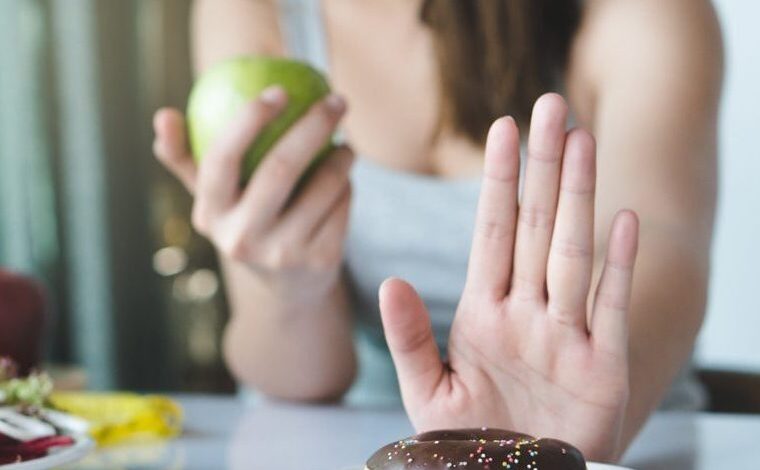
Why You Should Eat Less Sugar in Colder Months
Why You Should Eat Less Sugar in Colder Months: As the days grow shorter and the temperatures drop, our bodies naturally crave comforting, warm foods – many of which are loaded with sugar. While indulging in a slice of pumpkin pie or a cup of hot chocolate might seem harmless, excessive sugar intake during the colder months can have detrimental effects on our health and well-being.
The colder weather triggers a physiological response that can lead to increased sugar cravings. Our bodies work harder to maintain a stable internal temperature, which can deplete our energy stores. This depletion can lead to a desire for quick energy boosts, which sugary foods provide.
Additionally, the decrease in sunlight during winter can affect our serotonin levels, a neurotransmitter associated with mood and happiness. This dip in serotonin can lead to cravings for sugary treats, as they can provide a temporary boost in dopamine, another neurotransmitter associated with pleasure and reward.
The Role of Hydration in Winter
While we tend to think of staying hydrated in the summer months, maintaining adequate fluid intake is equally important during winter. The colder weather can actually make it easier to become dehydrated, leading to various health issues and even contributing to sugar cravings.
Winter’s cold can make us crave comfort foods, but those sugary treats can pack on the pounds. If you’re an athlete looking to trim down, consider strategies like calorie cutting for athletes looking to lose weight , which can help you reach your goals without sacrificing performance.
And remember, even in the colder months, keeping your sugar intake in check can help you stay healthy and energized.
Why Staying Hydrated is Crucial in Winter
The colder air holds less moisture than warm air, making it easier for your body to lose fluids through breathing. Additionally, we tend to drink less water during winter due to the lack of thirst cues associated with hot weather.
This combination can lead to dehydration, which can have a significant impact on your overall health and well-being.
Dehydration and Sugar Cravings
Dehydration can trigger sugar cravings because your body is looking for a quick source of energy. When you’re dehydrated, your blood sugar levels can drop, leading to fatigue and a desire for sugary snacks. This is because sugar is easily absorbed and provides a rapid boost in energy.
However, this is a temporary solution, and the sugar rush is often followed by a crash, leaving you feeling even more tired and craving more sugar.
Winter is a time for cozy nights in and hearty meals, but it’s also important to be mindful of our sugar intake. When the days are shorter and we’re less active, our bodies don’t need as much energy from sugary treats.
Instead of reaching for those extra cookies, try whipping up a delicious, wholesome meal in your trusty Dutch oven. There are amazing things to do with a Dutch oven , from braising hearty stews to baking rustic loaves of bread.
By focusing on nutritious, whole foods, you can enjoy the winter season without overdoing it on the sugar.
Tips for Increasing Water Intake in Winter
Staying hydrated in winter requires a conscious effort. Here are some tips to help you increase your water intake:
- Carry a water bottle with you:Keep a reusable water bottle filled and readily available throughout the day. This will remind you to sip water regularly.
- Drink water before, during, and after meals:This helps to promote digestion and prevents dehydration.
- Add flavor to your water:Try adding slices of lemon, cucumber, or berries to your water to make it more appealing.
- Choose hydrating beverages:Opt for water, herbal teas, and unsweetened fruit juices over sugary drinks like soda and juice.
- Eat hydrating foods:Include plenty of fruits and vegetables in your diet, as they contain high water content.
The Benefits of Physical Activity in Winter
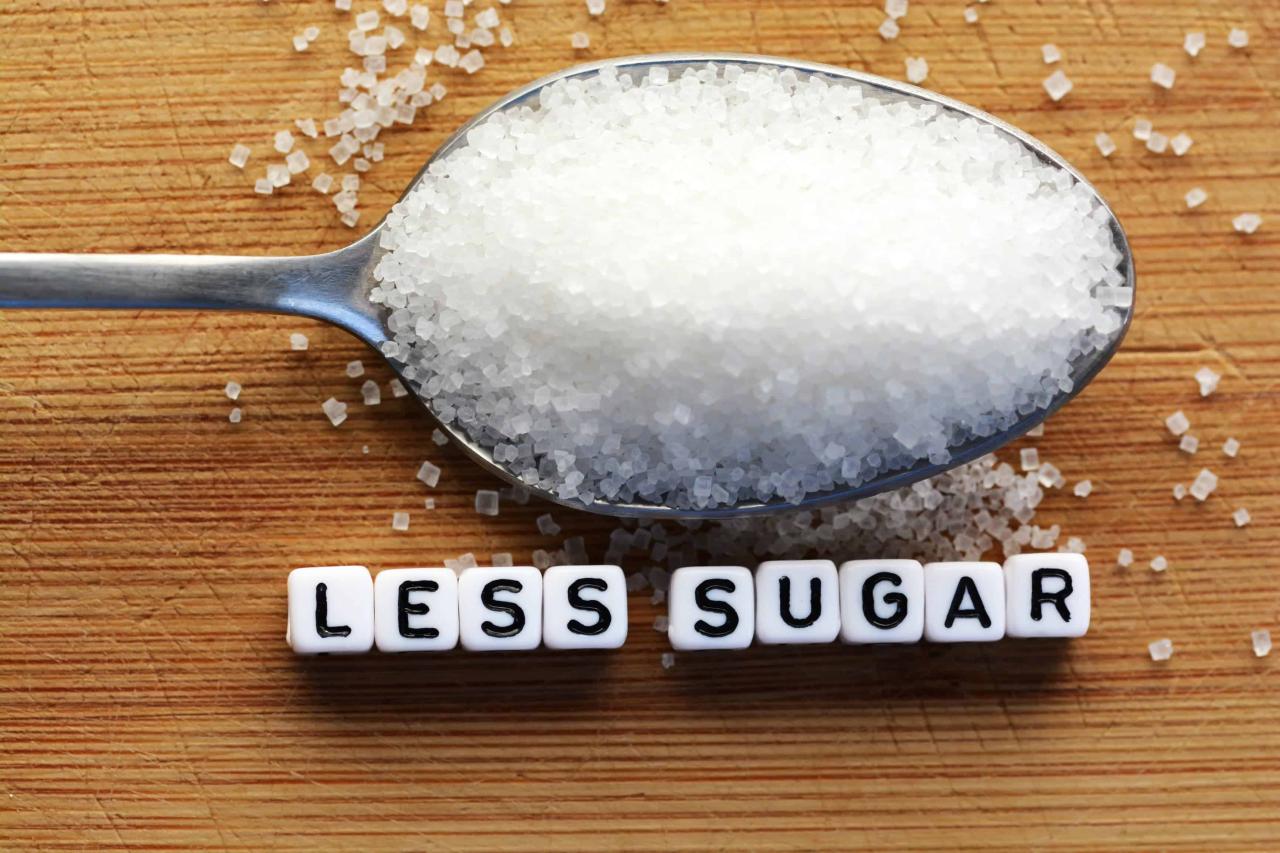
Winter can be a challenging time to stay active, but regular physical activity is crucial for maintaining overall health and well-being, especially during the colder months. It helps regulate blood sugar levels, boosts mood and energy, and provides numerous other benefits that can combat the winter blues.
The Impact of Exercise on Blood Sugar Levels
Regular physical activity plays a vital role in regulating blood sugar levels. Exercise helps the body use glucose for energy, which in turn reduces blood sugar levels. This is particularly important during winter, when our bodies tend to store more energy as fat due to reduced sunlight and decreased physical activity.
Engaging in regular exercise can help prevent excessive sugar storage and maintain healthy blood sugar levels.
Boosting Mood and Energy Levels
Exercise is a natural mood booster and energy enhancer, especially during the darker and colder months. Physical activity releases endorphins, which have mood-lifting effects. Exercise also helps improve sleep quality, which is essential for maintaining energy levels and combating fatigue.
Engaging in activities you enjoy can help you stay motivated and make exercise a regular part of your routine.
The colder months bring a craving for comfort foods, but those sugary treats can leave you feeling sluggish and less energized. Instead of reaching for that extra slice of pie, try incorporating more colorful vegetables into your meals. Check out these 5 ways to fill your Thanksgiving table with color for some inspiration! You’ll be surprised how much brighter and healthier your Thanksgiving feast can be, and you’ll be thankful for the energy boost to enjoy all the festivities!
Indoor Activities for Physical Activity
There are numerous indoor activities that can provide a great workout during winter. These activities can help you stay active, improve cardiovascular health, and maintain a healthy weight.
- Dancing:Dancing is a fun and engaging way to get your heart rate up and burn calories. It can be done in the comfort of your own home or at a dance studio.
- Yoga and Pilates:These practices combine physical activity with mindfulness and stretching, promoting flexibility, strength, and relaxation. They can be done at home or in a studio.
- Indoor Cycling:Indoor cycling classes offer a high-intensity workout that can be customized to your fitness level. They are a great option for improving cardiovascular health and burning calories.
- Swimming:Swimming is a low-impact exercise that is great for all fitness levels. It is a good option for people with joint pain or injuries.
- Home Workouts:There are many free workout videos available online that you can follow at home. These videos offer a variety of exercises that target different muscle groups.
The Impact of Sleep on Sugar Cravings: Why You Should Eat Less Sugar In Colder Months
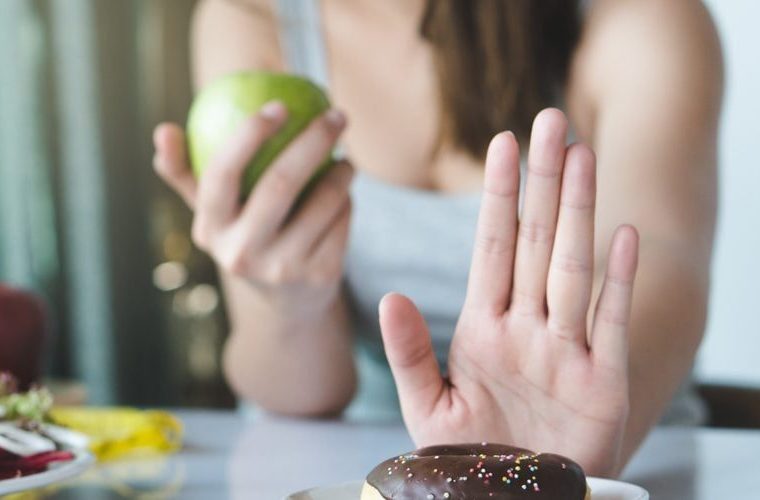
When the days are shorter and the nights are longer, it’s easy to let your sleep schedule slip. However, sleep deprivation can have a significant impact on your sugar cravings, leading to increased consumption and potentially undermining your efforts to reduce sugar intake during the colder months.
The Connection Between Sleep and Hormones, Why you should eat less sugar in colder months
Sleep plays a crucial role in regulating hormones that control appetite and blood sugar levels. When you’re sleep-deprived, your body produces less leptin, a hormone that signals fullness, and more ghrelin, a hormone that stimulates hunger. This hormonal imbalance can lead to increased cravings for sugary foods, as your body seeks to compensate for the lack of energy and satisfaction.
Tips for Improving Sleep Quality
To combat the effects of sleep deprivation on sugar cravings, prioritize good sleep hygiene during the colder months. Here are some tips:
- Establish a Regular Sleep Schedule:Go to bed and wake up at roughly the same time each day, even on weekends, to regulate your body’s natural sleep-wake cycle.
- Create a Relaxing Bedtime Routine:Wind down an hour or two before bed with activities like taking a warm bath, reading a book, or listening to calming music. Avoid screen time before bed, as the blue light emitted from devices can interfere with melatonin production.
- Optimize Your Sleep Environment:Ensure your bedroom is dark, quiet, and cool. Invest in a comfortable mattress and pillows that support your body. Consider using blackout curtains, a white noise machine, or earplugs to minimize distractions.
- Avoid Caffeine and Alcohol Before Bed:Both caffeine and alcohol can disrupt sleep patterns. Avoid consuming them in the hours leading up to bedtime.
- Get Regular Exercise:Physical activity can improve sleep quality, but avoid exercising too close to bedtime. Aim for at least 30 minutes of moderate-intensity exercise most days of the week.
Final Wrap-Up
While the colder months might tempt us to indulge in sugary treats, it’s crucial to remember that a healthy diet is essential for maintaining a strong immune system and overall well-being. By understanding the impact of cold weather on our bodies and implementing strategies to reduce sugar intake, we can navigate the winter months with a renewed sense of energy and vitality.
Remember, choosing nutrient-rich foods, staying hydrated, and engaging in regular physical activity can help us combat sugar cravings and enjoy the winter season to the fullest.



